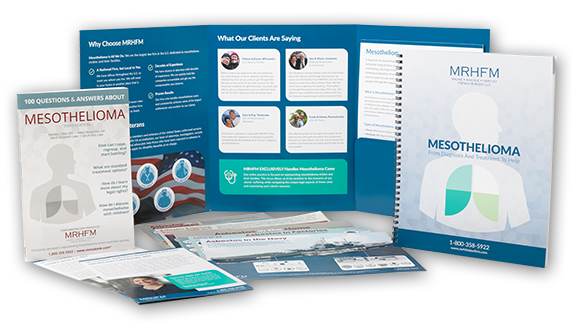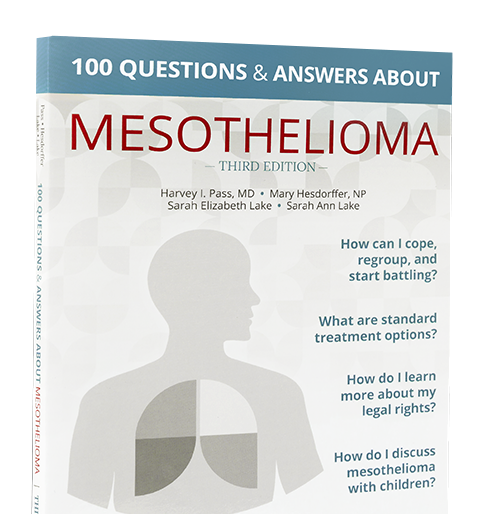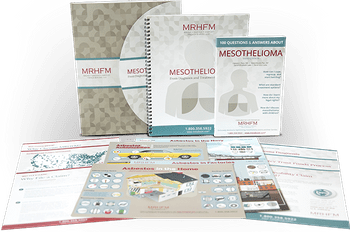While radiation, chemotherapy, and surgery are the most effective ways to fight cancer, doctors often turn to complementary and alternative medicine (CAM) to aid in the healing process or help lessen the side effects associated with these common conventional treatments. One common CAM therapy for cancer is the use of herbs. In fact, herbs have played such an important role in cancer treatment, researchers routinely investigate plants from all over the world to assess what, if any, role they might play in actually curing cancer. A recent study on Kenyan flora is just one example.
A group of researchers in Africa investigated the cytotoxicity of 14 quinones including 3 anthraquinones, 1 naphthoquinone, and 10 benzoquinones, previously isolated from African medicinal plants. Quinones are the second largest class of anticancer agents among plant secondary metabolites, and they exhibit numerous biological activities such as antitumor, antiviral, trypanocidal, antibacterial, antioxidant, antiplasmodial, and neurological activities.
The study, “Cytotoxicity of Plumbagin, Rapanone and 12 other naturally occurring Quinones from Kenyan Flora towards human carcinoma cells,” concluded that the quinones demonstrated cytotoxicity against human carcinoma cell lines. These “potential cytotoxic compounds,” says the study, “deserve more investigations to develop novel antiproliferative drugs against human carcinoma.”
The most active compounds, naphthoquinone: plumbagin (4), and benzoquinones: rapanone (9), induced apoptosis (cell death), while naphthoquinone was more potent in all tested cancer cell lines than the anthraquinones and benzoquinones. Anthraquinone 2 and benzoquinones 9, 10, 11, and 13 displayed cytotoxic effects on all tested cancer cell lines. The study also revealed that the compounds were more toxic towards carcinoma cells than towards normal human cell lines, indicating their good selectivity. The cell lines tested include mesothelioma, small cell lung cancer, hepatocarinoma (liver), colorectal adenocarcinoma, and breast adenocarcinoma.
Future research on the effects of naphthoquinone: plumbagin, benzoquinones: rapanone, and other quinones on mesothelioma and other aggressive cancers may be on the horizon. This could potentially lead to the development of an effective treatment for the disease.
If you have been diagnosed with mesothelioma, talk to your doctor about complementary and alternative medicine (CAM). Studies for a number of investigational treatments are recruiting worldwide.
Sources
American Cancer Society Complete Guide to Complementary & Alternative Cancer Therapies. Atlanta, GA: American Cancer Society, 2009. Print.
"Herbal Medicine." Cancer Research UK. Cancer Research UK, 02 Feb. 2015. Web. 27 Feb. 2017.
Kuete, Victor, Leonidah K. Omosa, Viviane R. Sipowo Tala, Jacob O. Midiwo, Armelle T. Mbaveng, Sauda Swaleh, Oguzhan Karaosmanoglu, and Hulya Sivas. "Cytotoxicity of Plumbagin, Rapanone and 12 Other Naturally Occurring Quinones from Kenyan Flora towards Human Carcinoma Cells." BMC Pharmacology and Toxicology 17.1 (2016): n. pag. Web. 27 Feb. 2017.
JJ, Lu, Bao JL, Wu GS, Xu WS, Huang MQ, Chen XP, and Wang YT. "Quinones Derived from Plant Secondary Metabolites as Anti-cancer Agents." PubMed.gov. U.S. National Library of Medicine, 13 Mar. 2013. Web. 27 Feb. 2017. State Key Laboratory of Quality Research in Chinese Medicine, Institute of Chinese Medical Sciences, University of Macau, Macao, China





